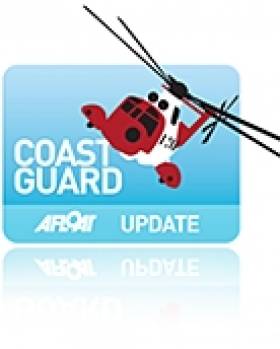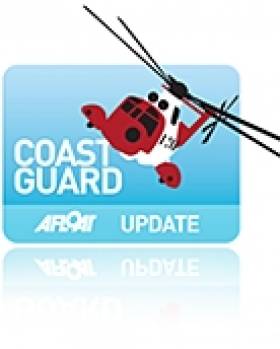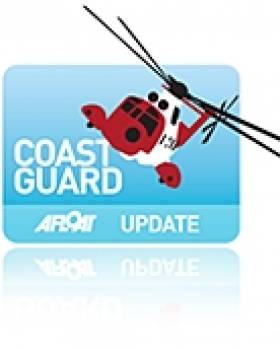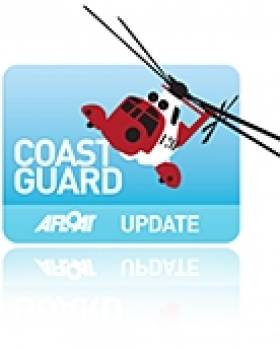Displaying items by tag: Coastguard
UK Coastguard Now Has 40,000 Beacons on its Register
The UK 406 EPIRB Registry based at MRCC Falmouth reached a new milestone this month by registering their 40,000th beacon, meaning the database has doubled in size in three years. The team has worked tirelessly to provide good customer service and maintain operationally valid records and as such the Registry is well respected throughout the SAR world.
The importance of the 406 MHZ beacon was highlighted by the safe rescue of four people from the Yacht Hollinsclough in the deep Southern Atlantic recently. The vessel had two correctly registered beacons which supplied key data to both national and international search and rescue authorities.
Steve Huxley, SAR Communications Manager said:
If you are a boat owner, consider buying an emergency beacon as part of the life- saving equipment fit to your vessel.
Emergency Position Indicating Radio Beacons have proved many times that they have contributed to the saving of lives.
Major Air and Sea Search Called off
Following a report of a flare tonight, an extensive search of an area west of Cork Harbour was conducted but nothing was found and the search was called off. Emergency services had received reports of a red flare seen at Rocky Bay, west of Cork Harbour. RNLI lifeboats from Kinsale, Crosshaven and Ballycotton and the Waterford based Coastguard helicopter, Rescue 117, were launched to investigate the sightings.
Kayaker recovered off Traeth Mawr
At 12.00 noon yesterday Holyhead Coastguard on the Irish Sea received a 999 call from an Aberffraw resident reporting that a woman had come to her house and asked that the Coastguard be alerted to a person in difficulty off Traeth Mawr. The person’s craft had capsized but no further information was forthcoming.
Whilst still gathering initial information, Trearddur Bay RNLI Lifeboat, RAF Rescue Helicopter 122 and Rhosneigr Coastguard Rescue Team were sent to the scene.
Shortly afterwards the helicopter reported that they were recovering a person from the water who they would be taking to Ysbyty Gwynedd, Bangor.
It seems that the 33 year old man had been in a kayak which had capsized off Traeth Mawr. Due to the strong ebb flow from Aberffraw Estuary he could not reach the shore safely. The helicopter crew advised that there was no evidence that the man had been wearing a lifejacket or buoyancy aid.
Jim Paton, Holyhead Rescue Coordination Centre Manager says:
“Sadly, the kayaker was later confirmed as deceased. We would recommend that anyone undertaking these kinds of activities wears a buoyancy aid"
Man wearing lifejacket is rescued from River Tweed
A man has been rescued from the River Tweed after falling from a ladder whilst boarding his angling boat. Lynda Bell, watch officer at Humber Coastguard says:
We received a 999 call at 11.40 this morning reporting that the man had fallen in the water and asking for assistance. The caller had heard the man shouting for help and we could still hear him shouting for help in the background as the 999 call was made.
“We requested the Berwick RNLI inshore lifeboat to launch and it was soon on scene picking the man up from the water.
"The 69 year old, who is from the Berwick area, was wearing a lifejacket so this meant that we were able to recover him from the water very quickly. He also did exactly the right thing by shouting for help as soon as he entered the water. After a quick check over by ambulance paramedics he was allowed home.
“This incident shows just how crucial a lifejacket can be. It can mean the difference between a swift and simple rescue or a protracted search with a possible fatal outcome. Please remember to wear your lifejacket. It’s useless unless worn.”
































































